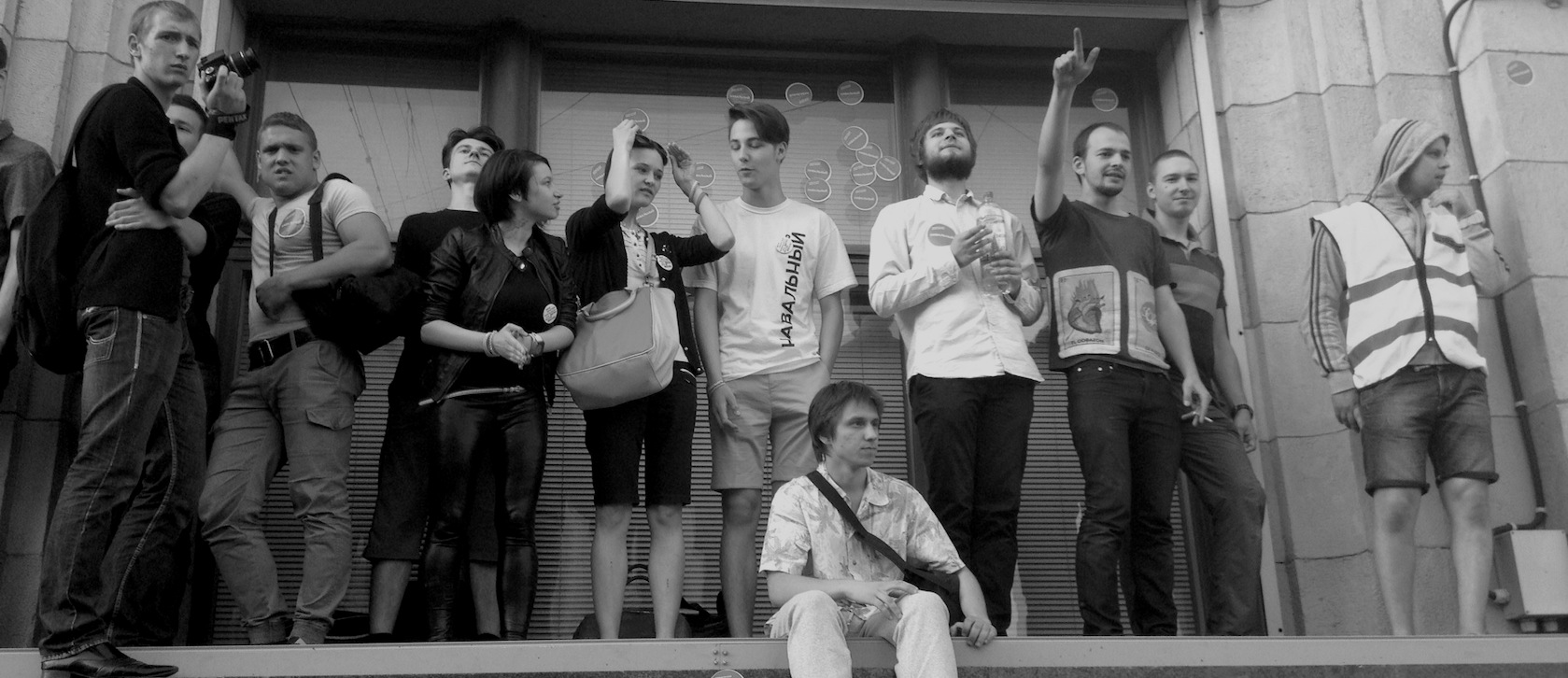
April 1st, 2025
Explora Articles Pandemic, crisis, and youth employment
June 13, 2020 9 min
Most reports indicate that young people will be one of the groups on which the crisis will have the most negative impact from a work perspective, if we do nothing to avoid it.


A few days ago, I participated in a virtual round table organized by Jobteaser, an employment platform for students and young graduates that is used by more than 700 European universities. In the session, Jobteaser presented the results of a survey they have carried out with the participation of more than 7,000 students, in addition to companies and academic institutions. The study, titled ‘Recruitment: young people facing the crisis ?: New realities for companies, academic institutions and young people at European level’, provides data on the impact the coronavirus crisis is having on the employment perspectives of students and young graduates and confirms that, most likely, they will be one of the groups on which the crisis will have a more negative impact from a work perspective, if we do nothing to avoid it.
Jobteaser’s report reveals that, in the wake of the pandemic, many companies are postponing and reducing the hiring of students and young graduates. Specifically, in Spain, 66% of young people have seen their employment or their practices postponed or canceled. Furthermore, we found that 40% of young graduates are quite concerned, if not very concerned, about their career prospects, and that almost a third of students and recent graduates have reoriented their career expectations in the wake of the crisis.
The crisis is likely to amplify the anxieties, tensions, and inequalities that many young people already suffer when entering the job market and in the first years of their working lives
Besides, the study warns us that the crisis is likely to amplify the anxieties, tensions, and inequalities that many young people already suffer when entering the job market and in the first years of their working lives. And this although it is a study carried out among university students from developed countries who, in principle, are the ones who should have the least trouble finding a job.
That scenario is very similar to the one we found a few days ago when, in a joint project, we analyzed how Spanish workers perceive how their employers responded to the crisis. Compared with other age groups, young workers were less satisfied with their work, more insecure, and more pessimistic about the economic situation. In regards to working from home, they were less happy with the experience than their older counterparts, and, in general terms, they were also less happy with how their employers had managed the situation. And, again, that response came from a group of relatively privileged young people: employed young workers in a context in which job destruction has been particularly prevalent in this segment of the population.
The impact of the coronavirus crisis on the job prospects of young people is a problem that knows no borders.
However, it is important to understand that the impact of the coronavirus crisis on the job prospects of young people is a problem that knows no borders. In May, the International Labor Organization warned us, in the fourth edition of its Observatory COVID19 and the world of work, that nearly 73 million young people worldwide had already lost their jobs as a result of the crisis, and that the working hours of young people who had managed to keep their jobs had gone down by 23 percent, which is a serious descend for a segment of the workforce whose underemployment rate due to insufficient hours already doubled that of their adult colleagues before the crisis.
Furthermore, it is not only that the pandemic destroys youth jobs, but it also affects their employability in the medium and long term, since both technical and vocational education, as well as on-the-job training, have been affected in a very adverse way, and this, in turn, may end up diminishing the career opportunities and income of young people in the future. In this sense, a recent survey by the ILO, UNESCO, and the World Bank revealed the enormous proportion of technical and vocational training centers that have closed in whole or in part these months. The added problem is that these measures tend to harm young people in less developed countries as well as members of less favored segments of society, so many of these young people will likely finish their studies with some delay, or they will abandon education. If we add to this the obstacles the pandemic places in the path of young people seeking to enter the labor market or change jobs, we may see an increase in the number of young people who do not have a job or participate in no educational or training activity, worsening another problem we already had before the crisis.
It is possible that, once the pandemic is over, many of these young people will continue to bear the consequences of having entered the labor market at a time like this.
And the problems don’t end here. Even the most fortunate young people, those who will gain access to a job in the coming months, will probably do so in more precarious conditions: temporary, less working hours, lower wages, etc. What is worse, it is possible that, once the pandemic is over, many of these young people will continue to bear the consequences of having entered the labor market at a time like this. Particularly in labor markets such as the Spanish one, where the scarcely procyclical nature of wages does not help these young people to recover their level of income after the crisis, nor does the marked duality between permanent and temporary workers, which increases the chances young workers will remain trapped in the secondary job market for a long time, linking one temporary contract after another.
I began this article saying that young people are one of the groups on which the crisis may have the most negative impact from a work perspective, if we do nothing to avoid it. The good news is that we can do things to minimize that impact. However, this requires courageous actions from all the involved agents: companies, governments, educational institutions, and the young people themselves. But still, the first thing we all need to understand is that young people are the workforce and the citizens of tomorrow, and that the future of our society and our economy depends to a large extent on what happens with them today.
Did you like it?
Are you already a user? Log in here